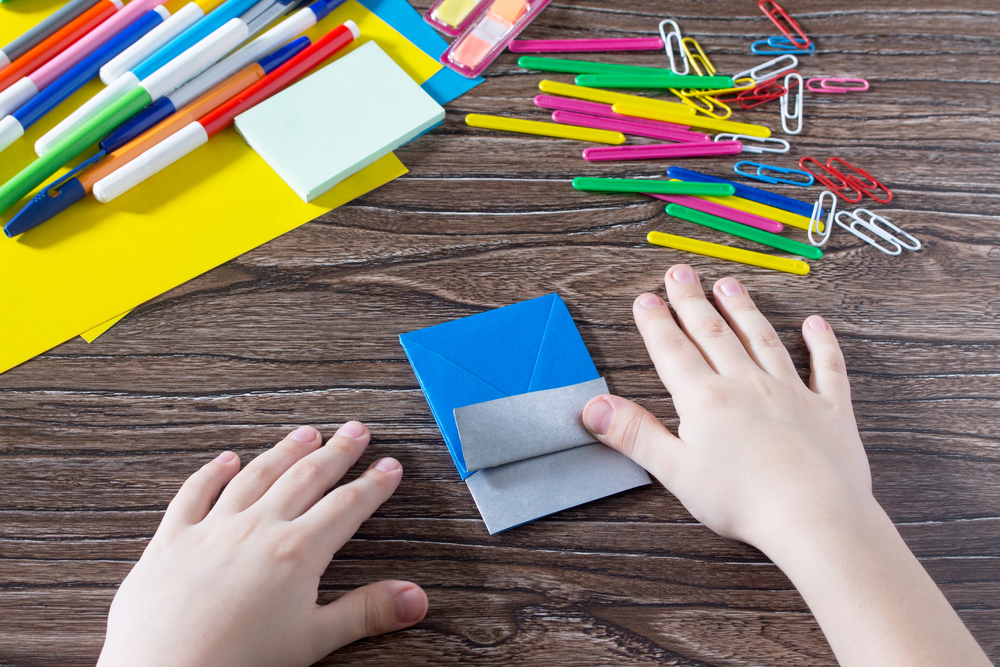Rhyming skills development Reading Worksheets for Ages 7-8
3 filtered results
-
From - To
Enhance your child’s reading abilities with our engaging Rhyming Skills Development Worksheets for ages 7-8. These thoughtfully designed printable worksheets focus on improving phonemic awareness, vital for early literacy. Through fun activities and exercises, kids will explore rhyme recognition, matching, and creating their own rhymes, fostering both creativity and reading fluency. Perfect for home or classroom use, our resources ensure that learning is both effective and enjoyable. Nurture your child's love for language while building essential reading skills! Discover the joy of rhyming with our variety of captivating worksheets tailored for young learners. Explore and print today!


Rhyming Words Rhyming Worksheet


First Words: Picture Rhymes Worksheet
Rhyming skills play a crucial role in the literacy development of children aged 7-8. At this stage, young learners are on the cusp of becoming more proficient readers and writers. Understanding and recognizing rhymes helps improve phonemic awareness, which is essential for decoding words and developing spelling skills. When children can identify and create rhymes, they enhance their ability to segment and blend sounds in words, making the reading process smoother and more intuitive.
Furthermore, engaging with rhymes supports vocabulary growth and sentence structure comprehension. Rhyming helps children appreciate the rhythm and patterns of language, leading to improved listening and comprehension skills. It also cultivates a sense of fun and creativity in language use, fostering a lifelong love for reading.
Encouraging rhyming in early education can simply make learning more interactive and enjoyable, sparking children's imagination through songs, poetry, and stories. Parents and teachers who prioritize rhyming activities, such as phonics games, nursery rhymes, and lyrical storytelling, can build strong foundational skills that will benefit reading fluency and literacy in the years to come. Ultimately, nurturing rhyming skills prepares children for more complex language challenges in their educational journeys.
 Assign to My Students
Assign to My Students






















